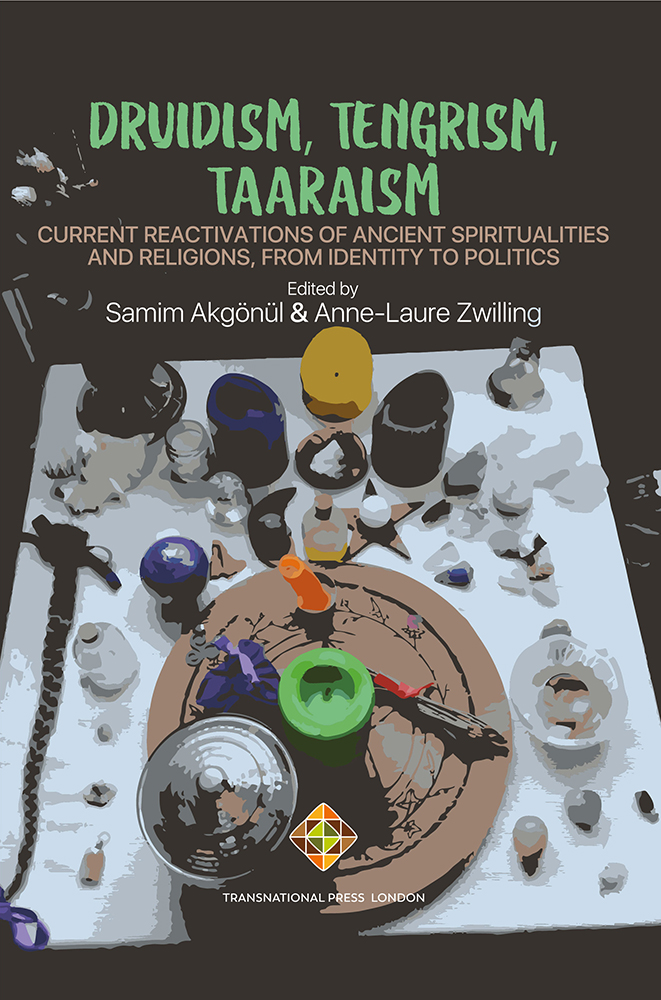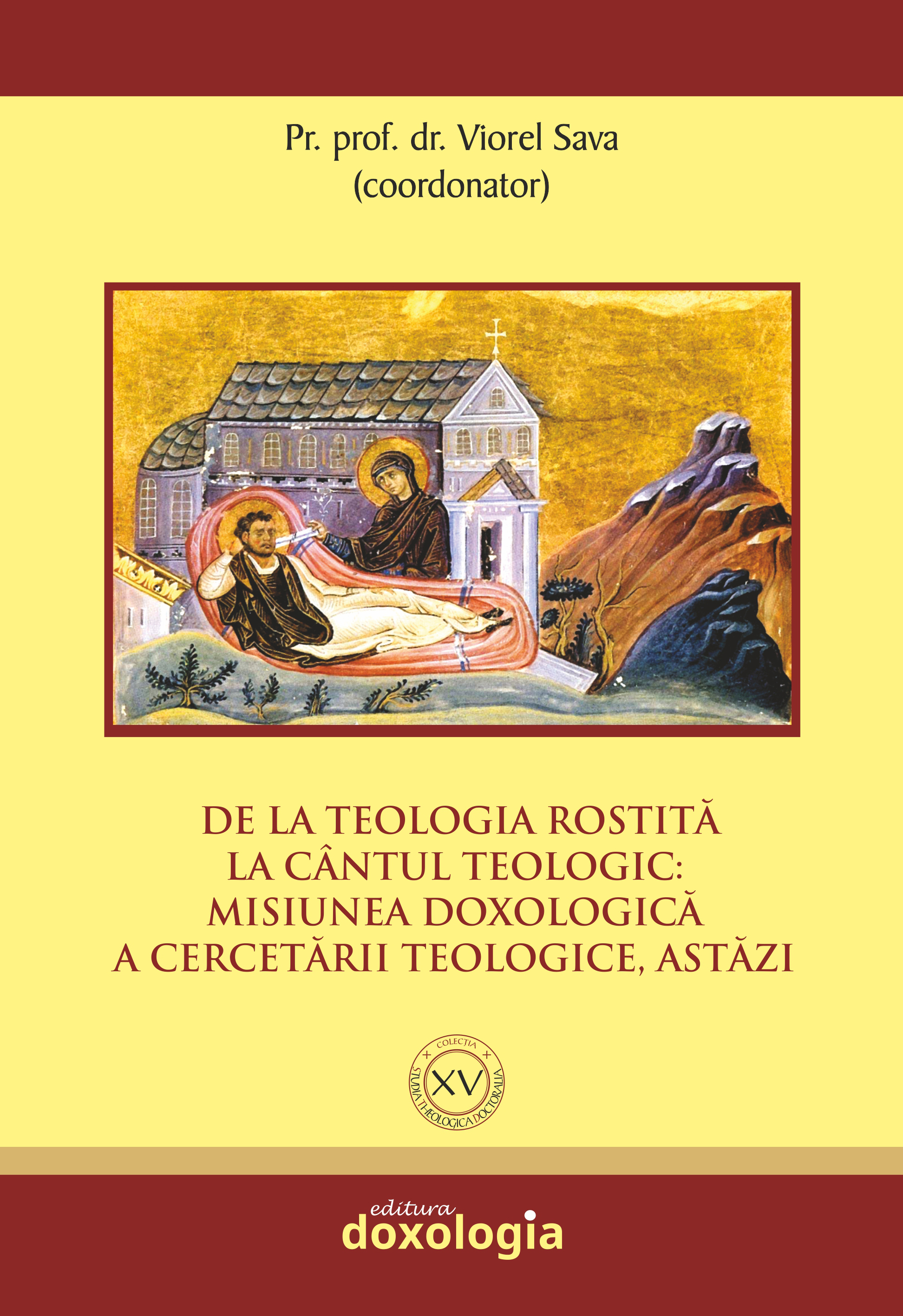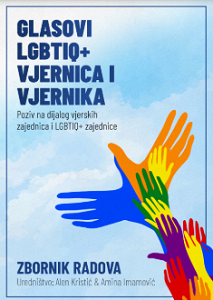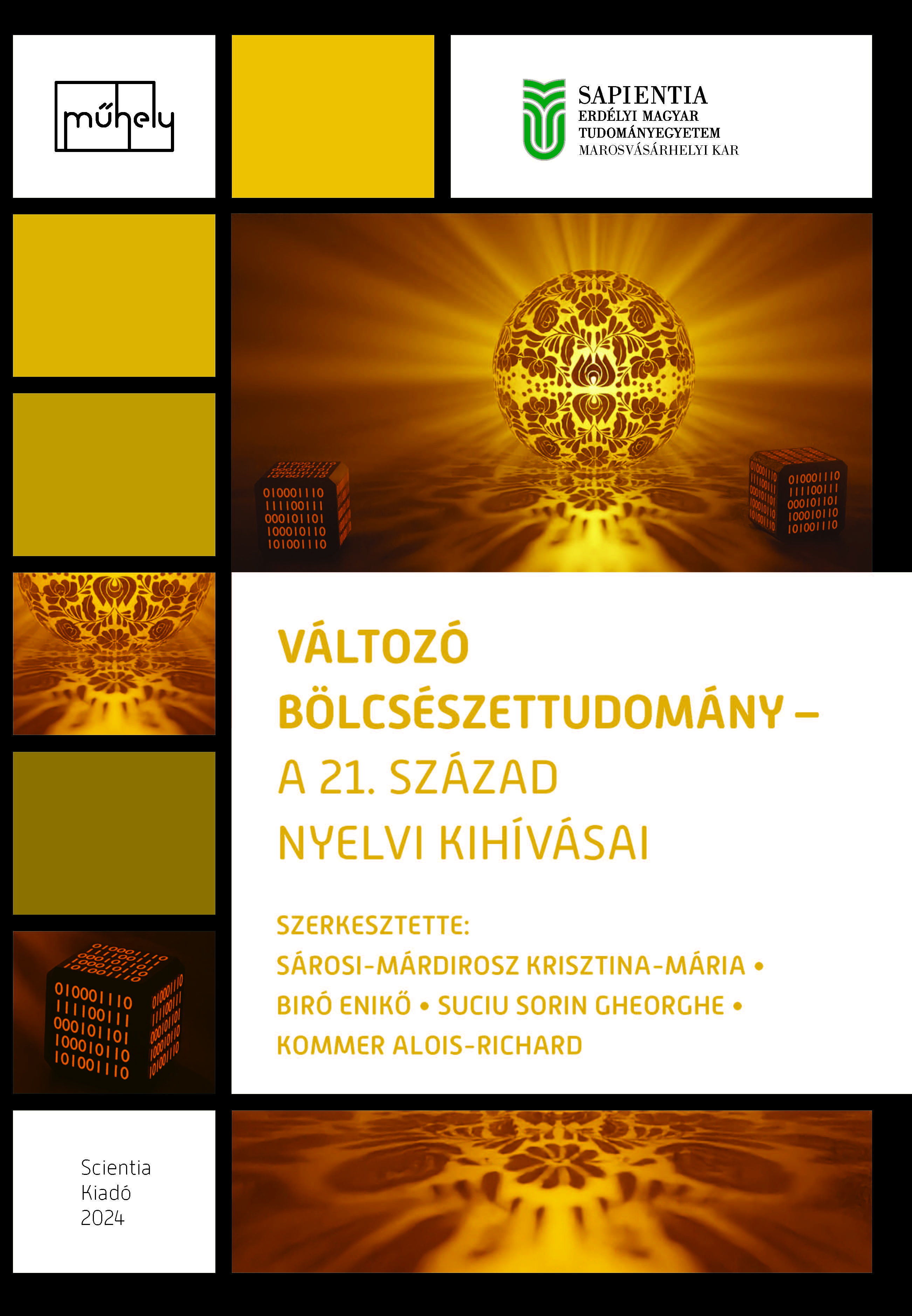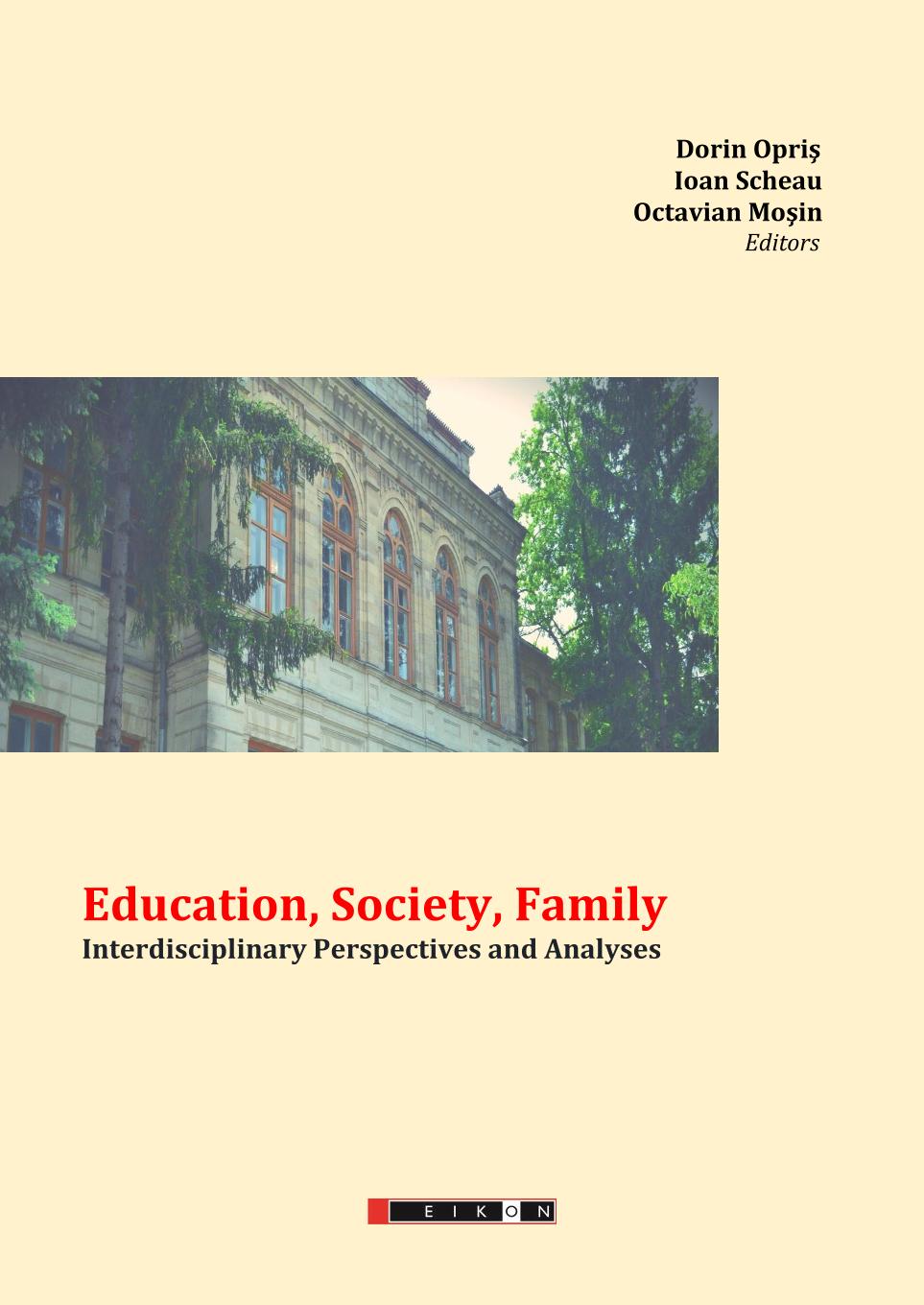
THE IMPORTANCE OF THE RELIGIOUS EDUCATION FOR THE FORMATION OF THE STUDENTS’ BEHAVIOUR TODAY
Education opens the predisposition to become aware of good, beauty and harmony within man and universe. At the beginning of the formation of the procedural state system of education, Religion was a constitutive part of education in general, being, in fact, the anteroom in which education of all types developed, divided into various subjects. In the religious formation of the student, a major role is played by the professor of Religion, especially, to be precise, by his pedagogical and theological knowledge as well as by his character, his love for sharing the Divine Word with the students, his empathy and love for “one of the least of these”. Teenagers, adolescents have always represented a challenge. Their psychological and physiological changes that happen more quickly in their case and in a different manner in comparison to the changes that happen in little children require a bigger effort from the teacher of Religion to understand their attitudes and intimate problems of an existential nature. At this age, due to the stage of development of the self-awareness, due to the manner in which they become aware of their personal existence in a tenderer universe from multiple perspectives, they go through a certain restructuring in thinking and confusion or loss in alternatives. Besides the major role of the model of the teacher of Religion, the methods chosen to teach Religion are also of high importance to the religious and harmonious development of the students’ behaviors.
More...
